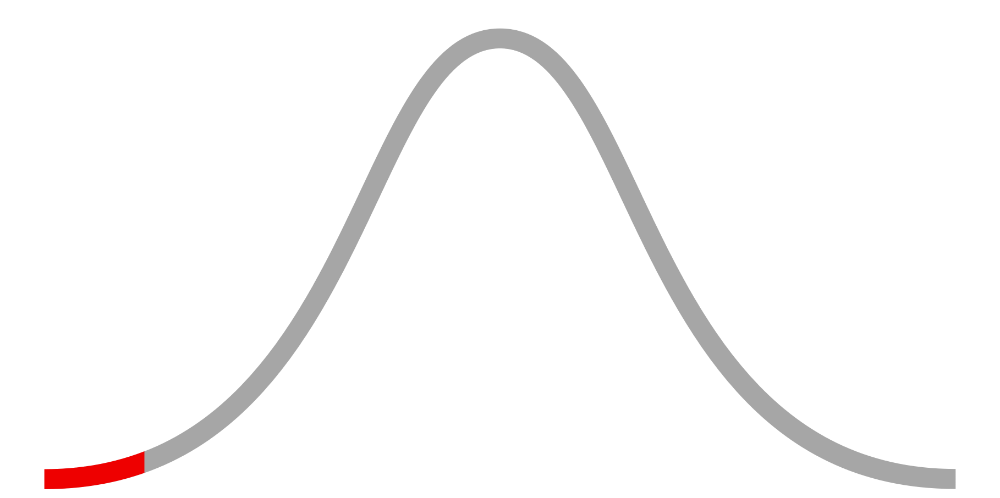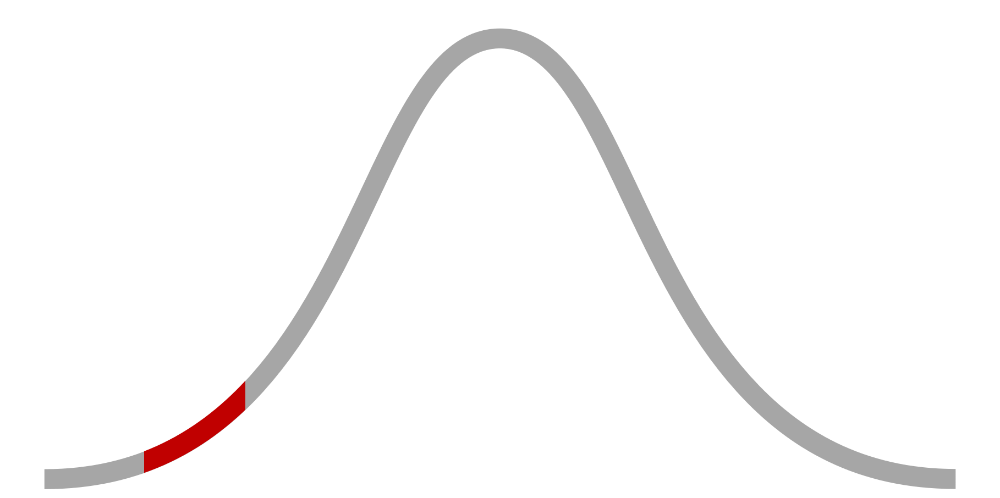Info
© 2026 Feels Co.
 Summary & key points
Summary & key points
In the first season of the hit show The Summer I Turned Pretty (2022), Isabel "Belly" Conklin discovers what happens when she gets attention from boys around her. In this clip, Belly is at a convenience store snacking when she notices the clerk admiring her from afar. She seems to feel both surprised and flattered.
Select media ©
Amazon Prime Video. Learn more












